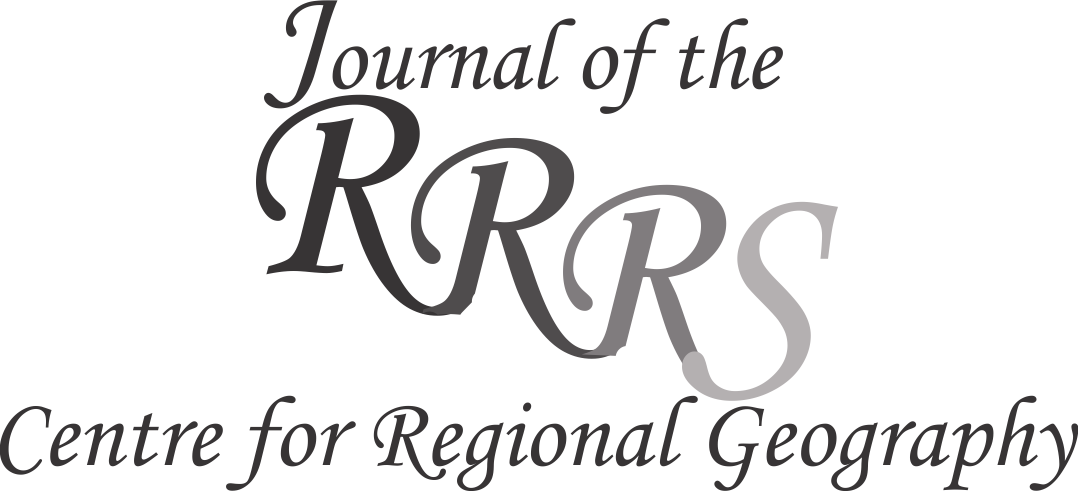All manuscripts submitted for publication are recorded, are assigned a manuscript identification number (RRRS-reference number-submission date) and undergo a pre-review assessment by the members of the editorial team.
Editors check the compliance of each manuscript with editorial requirements: whether the content fits the scope of the journal and is related to the subjects covered by the journal, whether the manuscript conforms to journal standards with respect to form, format and language and whether it meets the ethical and academic standards. At this stage, manuscripts can be rejected or accepted for peer review.
All accepted papers undergo a double-blind peer review, necessary for assessing the quality of scientific information, relevance to the field, appropriateness of academic writing style, compliance with the style and technical requirements of the journal, etc. Reviewers are selected from the national and international members of the editorial and scientific board, as well as from other scholarly or professional experts in the field. They assess the manuscripts they receive, commenting and making recommendations by filling in a Review Sheet and by following the guidelines in the general obligations for referees.
After reviewers have submitted their comments and recommendations within four weeks of receipt, editors check the manuscripts once again and synthesize the reviewers’ reports. This process leads to:
-
-
- acceptation in the present form;
- acceptation after minor changes;
- recommendation for major revision;
- rejection of the assessed manuscripts.
-
Generally, authors are notified by e-mail about the status of the submitted manuscript within three up to four months of submission.
Editors reserve the right to make minor editorial changes to the submitted manuscripts, including changes to grammar, punctuation and spelling, as well as article format, but no major alterations will be carried out without authorial approval. In this case, the proof of the manuscript adjusted by editors will be sent by e-mail to the corresponding author before the article is published. Proofs should be checked carefully. Manuscript will be published after the final approval from the corresponding author.
If major revisions are necessary, the manuscript with the reviewers’ and the editors’ comments and recommendations is returned to the corresponding author so that she or he should make the proper changes. After the corresponding author has submitted the revised version, editors check once again the compliance with the reviewers’ and the editors’ queries.
The final editing process will lead to the final version of the manuscript. Manuscripts accepted for publication are included on the list of articles that are to be published in the following journal issues.
A manuscript is rejected if:
-
- plagiarism is detected;
- the article has been already published in a peer-reviewed publication;
- it represents only a preliminary and incomplete version of the article proper;
- the content does not fit the scope of the journal and is not related to the subjects covered by the journal;
- does not contribute to knowledge in the field;
- does not meet the academic writing standards;
- offensive or insulting language is used;
- does not comply with the principles of research integrity as stated in the European Code of Conduct for Research Integrity;
- it is written in poor English;
- it is poorly structured and does not follow a logical structure (e.g. arguments do not flow, too many paragraphs repeating the same information, text very difficult to follow, use of a deliberately complicated writing);
- there is a lack of validity in the research material;
- serious flaws in study design and deficiencies in interpretation are detected;
- the corresponding author fails to resubmit the revised version of the manuscript after peer review.
